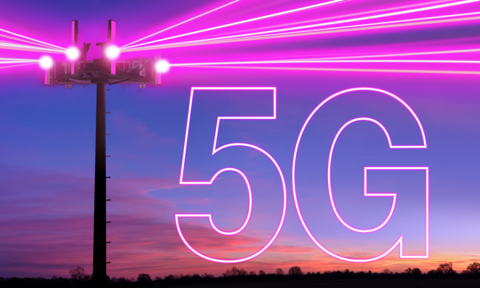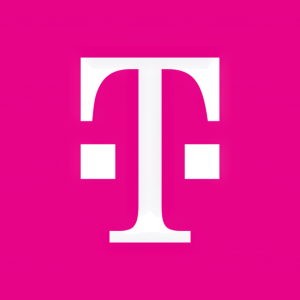T-Mobile Delivers Another World’s First with 6-Carrier Aggregation
The Un-carrier worked with Ericsson and Qualcomm in a test that reached 3.6 Gbps speeds using sub-6 GHz spectrum

T-Mobile Delivers Another World’s First with 6-Carrier Aggregation (Graphic: Business Wire)
“We are pushing the boundaries of wireless technology to offer our customers the best experience possible,” said Ulf Ewaldsson, President of Technology at T-Mobile. “With the first and largest 5G standalone network in the country, T-Mobile is the only mobile provider serving 10s of millions of customers to unleash new capabilities like 5G carrier aggregation nationwide, and I am so incredibly proud of our team for leading the way.”
5G carrier aggregation allows T-Mobile to combine multiple 5G channels (or carriers) to deliver greater speed and performance. In this test, the Un-carrier merged six 5G channels of mid-band spectrum – two channels of 2.5 GHz Ultra Capacity 5G, two channels of PCS spectrum and two channels of AWS spectrum – creating an effective 245 MHz of aggregated 5G channels.
T-Mobile is the leader in 5G, delivering the country’s largest, fastest and most awarded 5G network. The Un-carrier’s 5G network covers more than 330 million people across two million square miles — more coverage area than AT&T and Verizon combined. 300 million people nationwide are covered by T-Mobile’s super-fast Ultra Capacity 5G with over 2x more square miles of coverage than similar offerings from the Un-carrier’s closest competitors.
For more information on T-Mobile’s network, visit T-Mobile.com/coverage.
Follow @TMobileNews on X, formerly known as Twitter, to stay up to date with the latest company news.
See 5G device, coverage, & access details at T-Mobile.com
About T-Mobile
T-Mobile US, Inc. (NASDAQ: TMUS) is America’s supercharged Un-carrier, delivering an advanced 4G LTE and transformative nationwide 5G network that will offer reliable connectivity for all. T-Mobile’s customers benefit from its unmatched combination of value and quality, unwavering obsession with offering them the best possible service experience and undisputable drive for disruption that creates competition and innovation in wireless and beyond. Based in
View source version on businesswire.com: https://www.businesswire.com/news/home/20240103527618/en/
Media Contacts
T-Mobile US, Inc. Media Relations
MediaRelations@t-mobile.com
Investor Relations Contact
T-Mobile US, Inc.
investor.relations@t-mobile.com
https://investor.t-mobile.com
Source: T-Mobile US, Inc.







